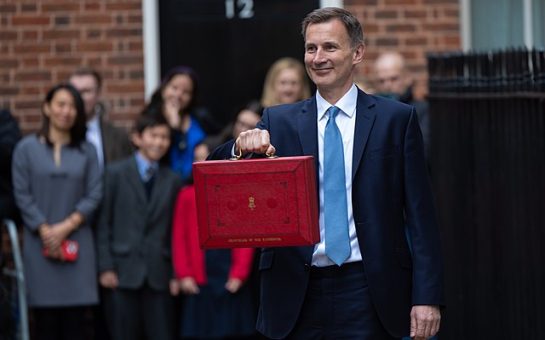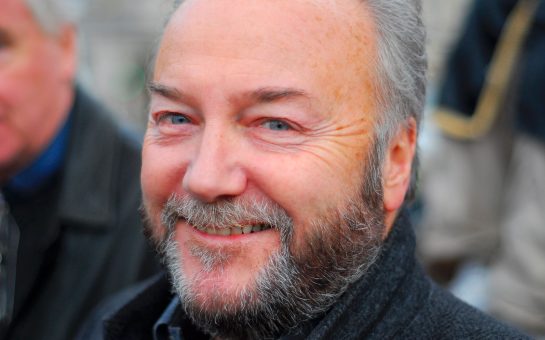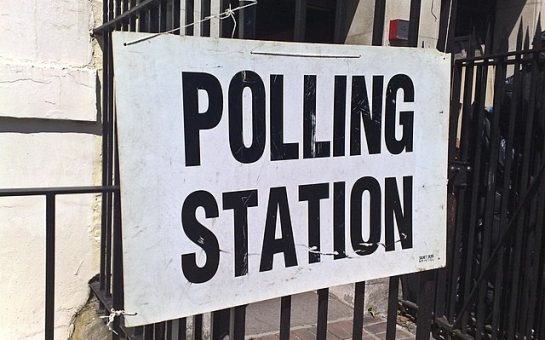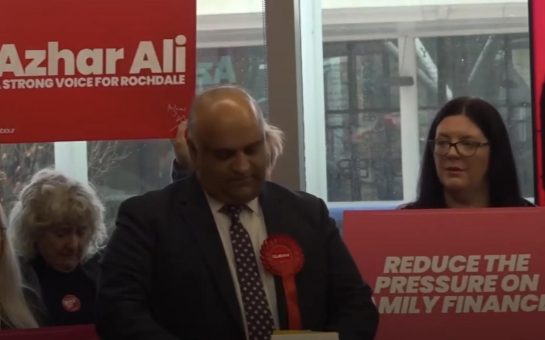Labour MP Graham Stringer has condemned George Osborne’s plans to raise the state pension age, calling it an ‘attack on the public sector’.
The Chancellor of the Exchequer delivered his Autumn Statement speech earlier this week, revealing that young people joining the workforce now will have to remain in employment until they are 70, as opposed to the current qualification age of 65.
Designed to reduce the UK’s mountain of debt, the changes means those born after 1968 – aged 45 or under – will work until they are 68 before becoming eligible, while it has been forecast that by 2048 the retirement age will have risen again to 69.
Mr Stringer, who represents Blackley and Broughton, slammed the plans as a government ruse to shrink the economy to a post-war level while using the banking crisis as a smokescreen.
“The government is – under cover of a crisis caused by the bankers – shrinking the public sector to the levels it was at immediately after the Second World War,” he said. “The pension decision is part of that attack on the public sector.”
“George Osborne is on an ideological adventure to reduce the size of the public state and he’s doing that under cover of this financial crisis. That means that public services provided by local governments and nationally will disappear or decline enormously.
“He believes everything should be provided in the private sector. It is part of this philosophy they’ve got – look after yourself because the state won’t.”
The rethink means that alterations to the SPA are coming around ten years earlier than planned, with them due to come into effect in the mid-2030s rather than between 2044 and 2046 as initially expected.
Mr Stringer warned of the effect this would have on the nation’s workforce, citing those in manual labour jobs as the ones who will be hit the hardest.
“It is going to impact on workers,” he said. “It’s one thing to ask someone to sit behind a desk six days or seven days, another thing is someone who has been paving roads or bricklaying. Those are very tough jobs and there comes a limit where people can deal with that.”
A statement from the Treasury contrasted Mr Stringer’s claims, saying that the government had outlined the most effective way to reduce the national deficit.
“Continued high levels of public debt create risks for the government’s economic and fiscal objectives, crowd out spending on public services, and limit the ability to absorb the impact of future economic shocks,” it said.
“[These] steps to control longer-term public spending could save around £500 billion over the next 50 years.”
The Autumn Statement also announced that those already on basic state pensions will see an increase of 2.7 percent – or £2.95 per week – on their income, lifting it to from £110.15 to a total of £113.10 per week to account for inflation.
Image courtesy of Altogetherfool, with thanks.
For more on this story and many others, follow Mancunian Matters on Twitter and Facebook.



